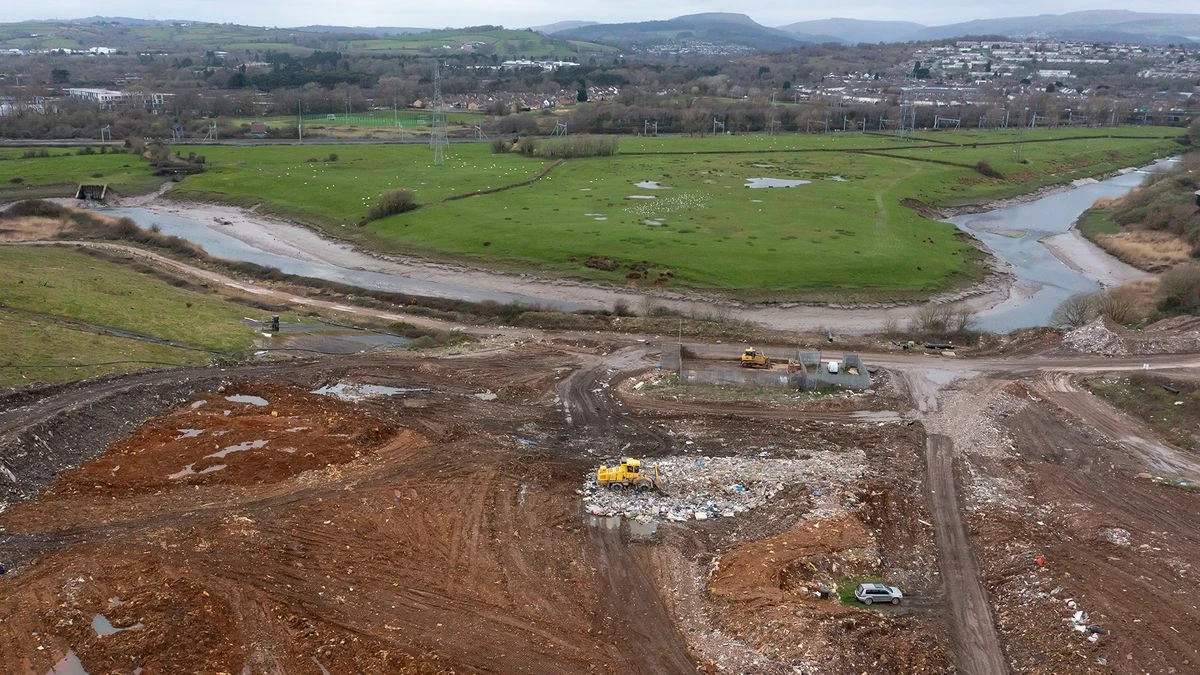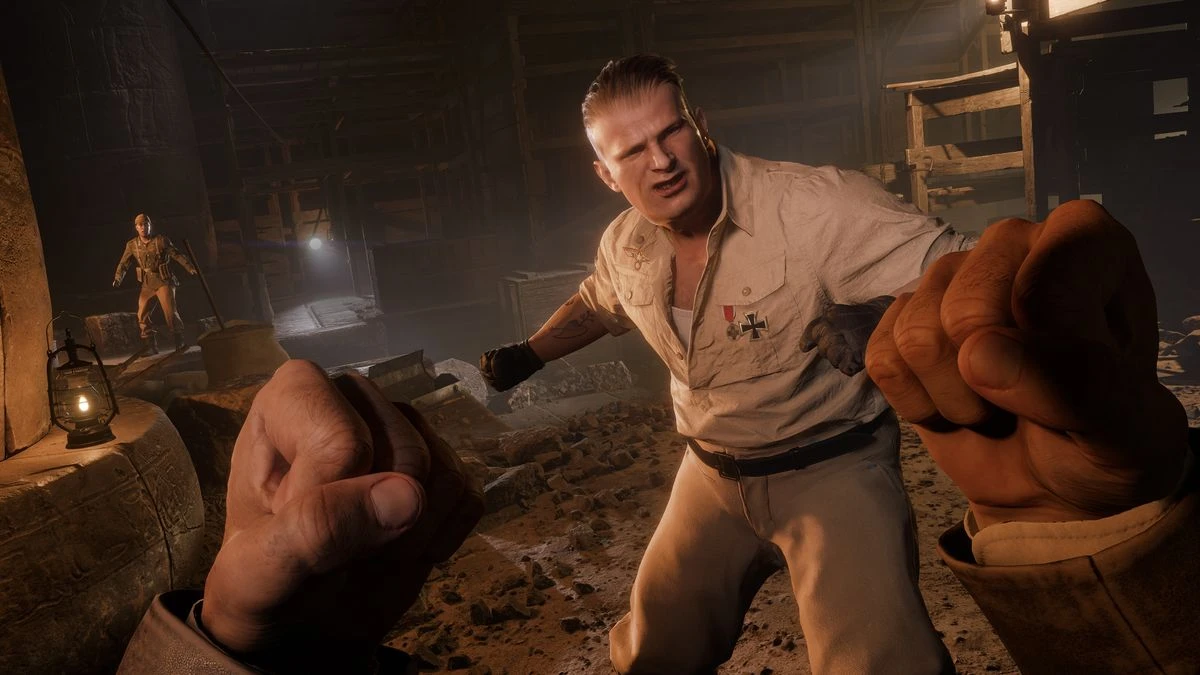After more than ten years in a landfill, a man who lost PS500,000,000 bitcoin fortune is fighting to find it.
James Howells has been a subject we have covered a few time in the past. Howells had an impressive collection of 7,500 Bitcoins stored on a computer hard drive in 2013. This collection was thrown in the garbage and then taken to a landfill. It's been sitting in that pile of trash for over 10 years. Now Howells is suing his local authority to get it back.
Even when the bitcoin was disposed of, it was worth a lot. Today it is worth around PS500million.
It's hard to imagine letting go of that kind of money. Though the promise of such a booty has also become a powerful tool in earning Howells help from various legal teams and data recovery engineers--reportedly working pro bono for a slice of the bitcoin millions.
The case is being fought in Cardiff civil and family courts, which is addressing Newport City Council's attempt to dismiss the case before a full trial. Howells is taking the case to court in order to recover what he believes to be his legal property.
James Goudie KC, representing the authority, suggests (via The Guardian: "Anything going into the landfill becomes the council's property."
Dean Armstrong KC, representing Howells, said (via BBC): "We seek, clearly and honestly, a declaration over ownership of the Bitcoin."
Armstrong noted that the search would consist of a precise excavation of a small area "which we have been able identify."
There are many references to 'needles' in haystacks, which is probably true. Armstrong claims that they have whittled the haystack down to a smaller haystack, and can identify a smaller area where they believe the drive is.
A spokesperson for Newport City Council said (via South Wales Argus), "The council has repeatedly told Mr. Howells that excavation is not allowed under our environmental permit and that work of this nature would have a negative environmental impact on surrounding area."
Howells, however, does not agree with this statement. He says he has a team of experts ready to excavate the landfill in accordance with environmental guidelines, and at no cost to taxpayers. This has been a concern in this case. Even dealing with Howells claims costs taxpayers money, according to the council. Goudie also adds that "Bitcoin fans are not above the laws."
Howells offered to give the council PS50million if he could find the hard drive and recover the bitcoin fortune. The bitcoin was worth half what it is today. Bitcoin's value has soared in recent months, as investors have tried to rally the cryptocurrency over $100,000. They haven't succeeded yet, and Howells lost fortune is not yet a billion-dollar loss.
A single bitcoin currently costs around PS75,000 (roughly $96,000). In 2013, a Bitcoin was worth 1/1000th that amount.
The judge hasn't yet decided whether the initial case will be tried in full. It is probably wise to weigh all options.
You have to wonder how a hard drive will be after 10 years of being buried in the dump.
It's possible to argue that the trash, over time, becomes an insulation layer. The bitcoin millionaires are protected by layers and layers of trash, just as lasagna filling is protected by layers of pasta sheets. You can only imagine the oozes, gunks and sludges that are found in any city landfill site. Even with the best recycling system in the world (Wales does a pretty good job on the recycling front), some perishable items must've made it into that landfill site over the past 10 years.
But can a goo ruin your hard drive?
HDDs are more likely to malfunction in a PC than a solid state drive. This is largely due to the fact that they have a spinning plate with moving parts. Solid state drives are, as you might guess, solid. The spinning bits of a HDD may break, but they are not necessary to recover the remaining data.
A professional might be able do a good enough job to get some of the data out of it. It's best to use a drive that hasn't been actively wiped. It depends on what type of hard drive you have, how many platters are used, and whether any or all platters were damaged. The bits that are not damaged can be recovered, but there is still a lot of data that could be useful.
The good news is that a hard drive has a pretty robust construction--a large metal box surrounding layers and platters which act as a sort of protection--again like a lasagna. So maybe Howells' team of pro bono lawyers have a chance. Now he has to prove in court that he owns the hard drive. Does one own their trash after the binmen remove it?





Comments